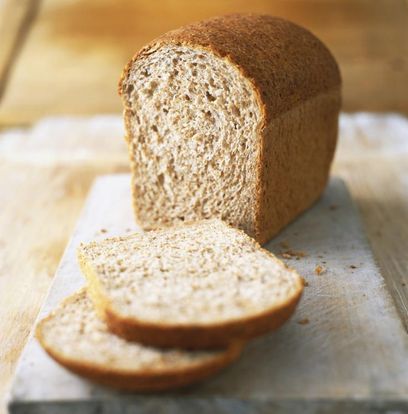6 weeks and 3 days pregnant

The eyes begin life as shallow depressions, one on each side of the developing face. This image shows an early eye (circular area with darker centre), together with the curve of the pale yellow somites of the developing musculoskeletal system.
Needing to urinate frequently is, unfortunately, one of the unwanted side-effects of pregnancy.
Are you spending a lot of time in the bathroom? As well as having to deal with symptoms such as nausea and vomiting, if you’re like the majority of pregnant women, you’ll also need to pass urine more frequently. It means you’re unlikely to want to be too far away from the nearest toilet.
It can feel as though your bladder cannot hold much urine so you may feel the need to go to the loo not long after you’ve just been, during the day and at night. This is because there is more blood being pumped through the kidneys so you produce more urine. As your uterus grows, it puts pressure on your bladder so it cannot expand as much as normal and will feel uncomfortably full earlier than usual. This can last throughout pregnancy, though you’re most likely to experience it in the first and third trimesters.
If, however, you’re concerned about the amount of urine you’re passing, and/or you develop pain or stinging while passing urine, you may have developed a urinary tract infection and should see your doctor straightaway.
Why do I have so much saliva in my mouth now that I’m pregnant?
Called pytalism, excess saliva is caused by increased hormone levels. Don’t try to keep the saliva in your mouth; if you find yourself drooling, spit into a tissue or small cup. Place a towel on your pillow. Sucking lemon wedges or ice cubes may help. Pytalism usually subsides in later pregnancy.
Make carbohydrates part of your balanced diet, but make sure you choose the right ones. Refined carbohydrates, such as white bread and white rice, are very quickly broken down, releasing a large amount of glucose into the bloodstream. This is quickly used up and then glucose levels fall rapidly. This fluctuation in glucose levels has been associated with diabetes, obesity, and heart disease, and recent data suggests it is not the optimal environment for adult or fetal health.
Unrefined carbohydrates, such as wholewheat bread and brown rice, break down more slowly, releasing glucose steadily and leaving you fuller. This can prevent the hunger signals that follow a rapidly digested meal and help with weight control. Your baby is constantly drawing glucose from your bloodstream, so a steady release of glucose leaves you both with plenty of fuel on an on-going basis. New research has found that babies exposed to a diet based on unrefined carbs may have more lean body mass and less body fat, though still a healthy birthweight. This will make them less likely to be overweight later in life.

Be the first to support
Be the first to share
Comment (0)
Related Blogs & Vlogs
No related events found.
Loading more...